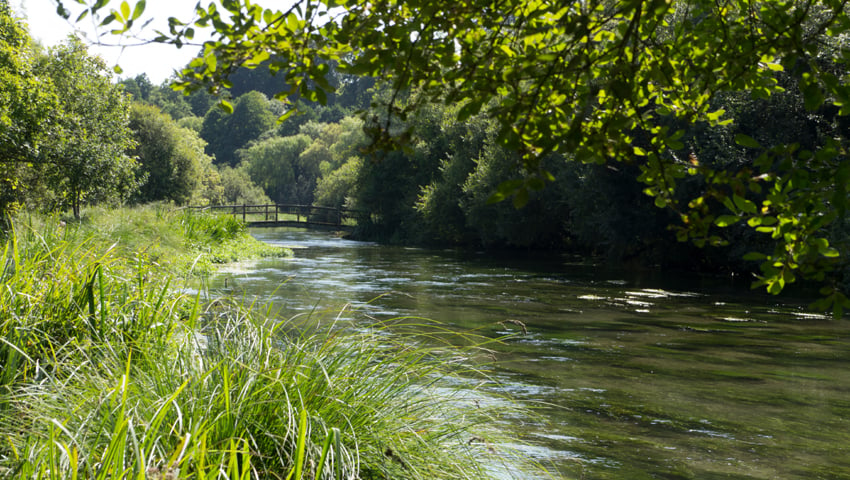FISH Legal and Pickering Fishery Association are celebrating a legal victory today, having won a landmark judicial review in the High Court against the government and the Environment Agency of its defective river improvement plans.
The court ruled that the government, and the Environment Agency, had failed in their mandatory legal duties to review, update and put in place measures to restore rivers and other water bodies under the Water Framework Directive regulations.
In a damning judgement, believed to be the most significant UK Court ruling on the Water Framework Directive since the river basin planning process commenced in 2003, the court found in favour of the angling club on each of its argued grounds.
Fish Legal, acting on behalf of the Pickering Fishery Association, brought a legal challenge to the government’s deficient River Basin Management Plan for the Humber district, as signed off by then Secretary of State for Environment, Food and Rural Affairs (DEFRA), Therese Coffey, and published in December 2022.
The angling club argued that the plan, which comprised wholly generic or yet to be formulated steps, lacked the legally required measures necessary to restore the Upper Costa Beck, such as review and tightening of inadequate discharge permits and other authorisations to tackle the root causes of the fish failure.
The Costa Beck is failing for fish under the Water Framework Directive Regulations. One of the reasons for that is sewage pollution. Yorkshire Water’s storm sewage overflow at Pickering treatment works discharged into the Costa Beck over 250 times in 2020 and over 400 times in 2019.
Draft river basin management plans published by the Environment Agency in summer 2021 included summary programmes of measures supposedly intended to restore all water bodies in each of the 10 river basin management districts in England ahead of the legally important final target date for achievement of the environmental objectives of December 2027.
However, the Court found that the fundamental requirement to assess and identify specific measures to achieve the legally mandatory targets for each water body – such as tightened environmental permits for controlling sewage pollution – had unlawfully not been done.
Penelope Gane, Head of Practice at Fish Legal, said: “The environmental objectives and information in river basin management plans underpin all sorts of long-term statutory plans and other strategic planning, including the Government’s Plan for Water, water company business plans, water resources regional plans and the chalkstream restoration strategy. This legal action exposes that all of those policies and plans are effectively built on foundations of sand.”
The Judge characterised the Secretary of State’s approach as one of “smoke and mirrors”, noting the acceptance before the court that there was no evidence that the programme of measures could reasonably be expected to achieve the environmental objectives. As the angling club argued, the Secretary State was in effect planning to fail and her approach robbed this key legal regime of meaningful effect.
The Court also found the public consultation process undertaken by the Environment Agency to be unlawful because it failed to provide the necessary information for anglers on the Upper Costa Beck to understand what action was being proposed to address the reasons for the fish failure and therefore defeated their right to participate and contribute to the river planning process.
Andrew Kelton, Fish Legal Solicitor, said, “This case goes to the heart of why government has failed to make progress towards improving the health of rivers and lakes in England.
“Only 16% of water bodies – 14% of rivers – are currently achieving ‘good ecological status’, with no improvement for at least a decade, which comes as no surprise to us having seen how the Environment Agency at first proposed, but then for some reason failed to follow through with the tough action needed against polluters in this case.
“The Upper Costa Beck is just one of 4,929 water bodies, but it is a case study in regulatory inaction in the face of evidence of declining river health.”
